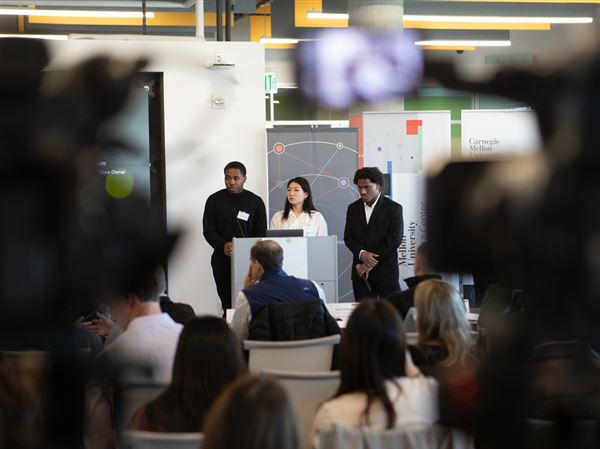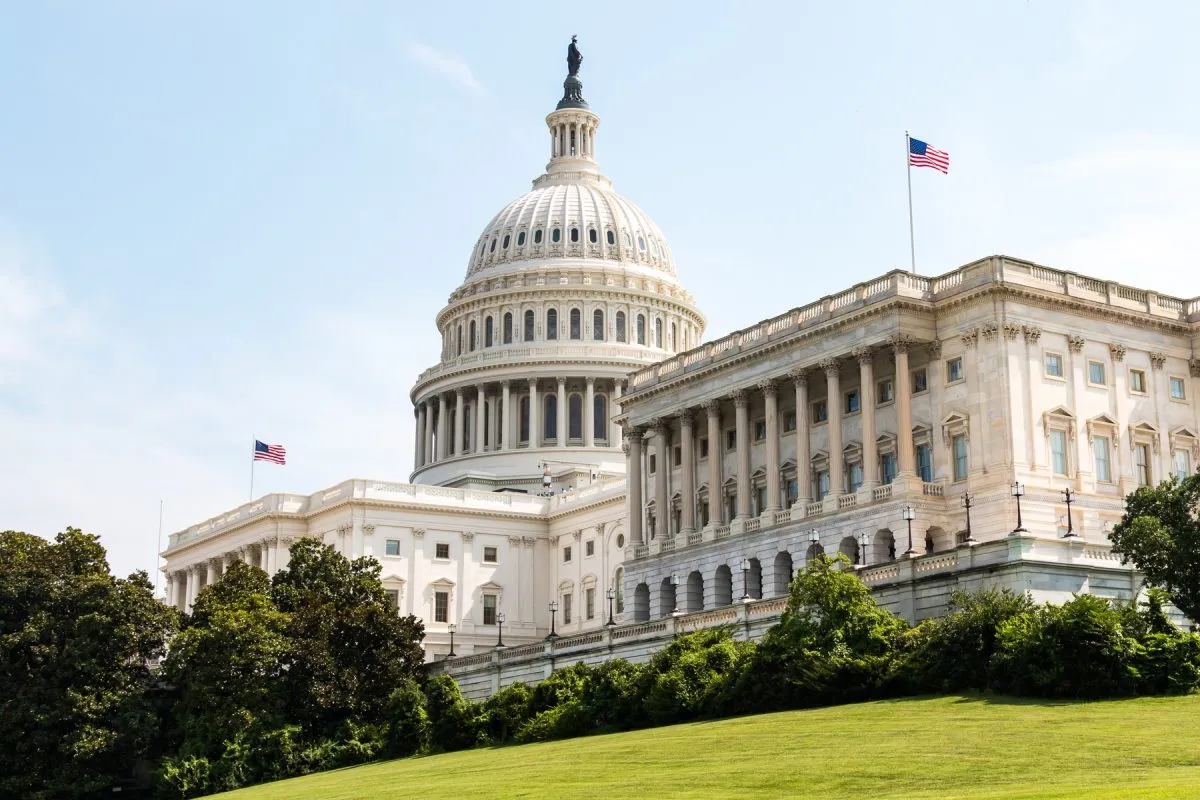Quiet Achievers: Winning Strategies for Introverts in Group Job Interviews
Companies
2025-04-28 09:00:00Content

In today's fast-paced business landscape, companies are increasingly turning to group interviews as a strategic solution to streamline their hiring process. As time becomes a precious commodity, organizations are seeking efficient ways to evaluate multiple candidates simultaneously, and group interviews have emerged as a game-changing approach.
Why are group interviews gaining popularity? The answer lies in their ability to save time, reduce recruitment costs, and provide a comprehensive view of candidates' interpersonal skills and dynamics. Unlike traditional one-on-one interviews, group settings allow employers to observe how potential employees interact, communicate, and collaborate in real-time.
If you're preparing for a group interview, here are some expert tips to help you stand out:
1. Showcase Your Collaborative Skills
Group interviews are designed to test your ability to work effectively with others. Be attentive, respectful, and look for opportunities to contribute meaningfully to discussions without dominating the conversation.
2. Demonstrate Active Listening
Pay close attention to both the interviewer's questions and your fellow candidates' responses. Engage thoughtfully, build upon others' ideas, and demonstrate your capacity for constructive interaction.
3. Highlight Your Unique Value
While maintaining a team-oriented approach, find subtle ways to differentiate yourself. Share relevant experiences, offer insightful perspectives, and showcase your problem-solving abilities.
4. Maintain Professionalism
Even in a group setting, first impressions matter. Dress appropriately, maintain positive body language, and approach the interview with confidence and enthusiasm.
5. Be Authentic
Employers are looking for genuine candidates who can seamlessly integrate into their company culture. Stay true to yourself while presenting a polished, professional version of your personality.
By understanding the dynamics of group interviews and preparing strategically, you can transform this potentially challenging scenario into an opportunity to shine and secure your dream job.
Mastering the Group Interview: A Strategic Guide to Standing Out in a Competitive Hiring Landscape
In today's rapidly evolving professional environment, job seekers face unprecedented challenges in distinguishing themselves from a sea of equally qualified candidates. The rise of group interviews has transformed traditional hiring practices, presenting both opportunities and complex psychological dynamics that demand strategic navigation and exceptional interpersonal skills.Unlock Your Competitive Edge in High-Stakes Group Interview Scenarios
Understanding the Modern Group Interview Ecosystem
Contemporary organizations are increasingly adopting group interview methodologies as a sophisticated screening mechanism designed to evaluate candidates' collaborative potential, communication prowess, and adaptability simultaneously. Unlike traditional one-on-one interviews, these collective assessment environments require nuanced interpersonal strategies and heightened self-awareness. Employers leverage group interviews to observe candidates' authentic interactions, leadership qualities, and ability to perform under pressure. These dynamic settings reveal candidates' genuine communication styles, problem-solving approaches, and capacity to balance individual brilliance with collaborative effectiveness.Psychological Preparation and Mental Positioning
Successful group interview navigation demands comprehensive psychological preparation beyond conventional interview readiness. Candidates must cultivate a delicate balance between assertiveness and collaborative spirit, demonstrating individual excellence while maintaining genuine respect for fellow participants. Mental preparation involves developing a flexible communication approach that allows spontaneous yet calculated contributions. Candidates should practice active listening, strategic intervention, and the ability to build upon others' ideas constructively. This requires emotional intelligence, rapid cognitive processing, and a nuanced understanding of group dynamics.Strategic Communication Techniques
Effective communication in group interviews transcends traditional verbal articulation. Candidates must master non-verbal communication, including confident body language, strategic eye contact, and measured vocal modulation. Each interaction represents an opportunity to showcase professional persona and interpersonal sophistication. Developing a compelling narrative that highlights unique professional experiences while remaining concise and engaging is crucial. Candidates should craft personal stories that demonstrate problem-solving skills, adaptability, and genuine passion for their respective professional domains.Navigating Competitive Interpersonal Landscapes
Group interviews inherently create competitive environments where candidates must differentiate themselves without appearing aggressive or dismissive. The key lies in creating collaborative momentum, offering constructive insights, and demonstrating genuine respect for alternative perspectives. Successful candidates recognize that group interviews are multidimensional assessments evaluating not just individual capabilities but potential team integration. They approach interactions as opportunities for mutual learning and professional exploration rather than zero-sum competitive scenarios.Technical and Emotional Intelligence Convergence
Modern hiring processes demand a holistic evaluation of candidates' capabilities. Group interviews represent sophisticated assessment tools that examine technical competence alongside emotional intelligence, adaptability, and interpersonal dynamics. Candidates must demonstrate technical proficiency while simultaneously exhibiting empathy, active listening skills, and the ability to synthesize diverse perspectives. This requires a nuanced approach that balances intellectual rigor with genuine human connection.Post-Interview Strategic Reflection
The group interview experience extends beyond the immediate interaction. Successful candidates engage in comprehensive post-interview reflection, analyzing their performance, identifying potential improvement areas, and maintaining professional connections established during the assessment. Following the interview, candidates should send personalized follow-up communications that reinforce their unique value proposition while expressing genuine appreciation for the opportunity. This demonstrates professionalism, emotional intelligence, and strategic relationship-building capabilities.RELATED NEWS
Companies

Tariff Tsunami: How Trump's Auto Taxes Spare Tesla While Hammering Rivals
2025-03-27 14:29:31
Companies

Pittsburgh's Tech Renaissance: 46 Startups Prove the City's Innovation Powerhouse
2025-03-20 12:00:00
Companies

Trust Titans: Docusign Crowned America's Most Reliable Tech Champion in Groundbreaking Newsweek Ranking
2025-04-14 17:58:00





